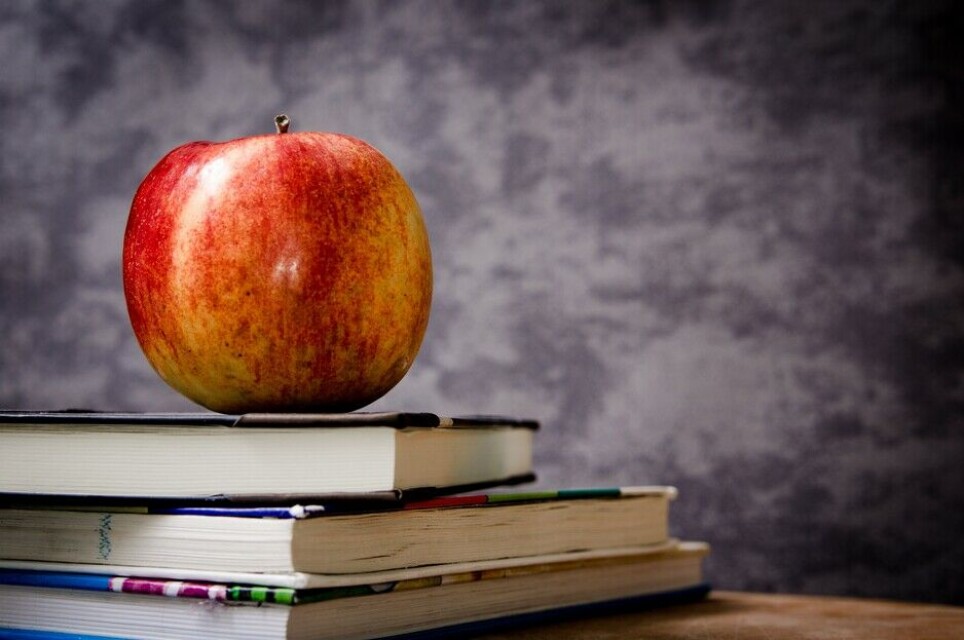THIS ARTICLE/PRESS RELEASE IS PAID FOR AND PRESENTED BY THE University of Agder - read more

School fruit program had no effect on pupils' weight
The school fruit program sought to help prevent and reduce obesity among pupils. New research shows no such effect.
The scheme providing free fruit to schools lasted from 2007 to 2014 and was mainly introduced to improve learning in school through a better diet. Among other possible positive effects of the program was a reduced prevalence of obesity.
“After doing this research, we cannot see that school fruit has any effect on obesity among children and young people,” says PhD Research Fellow Bente Øvrebø at the Department of Sport Science and Physical Education at UiA.
The findings were recently published in the scientific journal Plos Medicine.
One fruit a day
The school fruit scheme was a government initiative at all of Norway's lower secondary and combined primary and lower secondary schools. The initiative consisted of one free fruit or vegetable for each pupil every day.
Between 2010 and 2017, the National Institute of Public Health conducted four different child growth studies in which the height and weight of more than 11,000 children and adolescents were measured. The researchers used the data from these studies to look at how the school fruit scheme affected the children’s weight when they were eight and thirteen years old.
“We find no effect from the school fruit scheme on the pupils’ weight, neither positive nor negative. This shows that there was no basis for claiming that the scheme would lead to a reduction in obesity among young people. The EU is still today a major driving force behind such measures, and obesity prevention is one of the main arguments they use,” Øvrebø says.
Not surprised
She was not particularly surprised by the findings.
“So many factors affect the development of overweight and obesity, so it is a bit far-fetched to think that one piece of fruit or vegetable during the school day should have much impact. We know that fruit served at school increase the intake of fruit and vegetables, but it is wrong to claim that it affects pupils’ weight to any degree,” Øvrebø says.
Free school fruit may still lead to a better diet over time, and this can have a positive impact on public health.
“To get an answer to this, you must assess the effect of the national measure on diet and health, also in adulthood,” Øvrebø says.
See more content from the University of Agder:
-
Fear being rejected: Half pay for gender-affirming surgery themselves
-
Study: "Young people take Paracetamol and Ibuprofen for anxiety, depression, and physical pain"
-
Research paved the way for better maths courses for multicultural student teachers
-
The law protects the students. What about the teachers?
-
This researcher has helped more economics students pass their maths exams
-
There are many cases of fathers and sons both reaching elite level in football. Why is that?





































